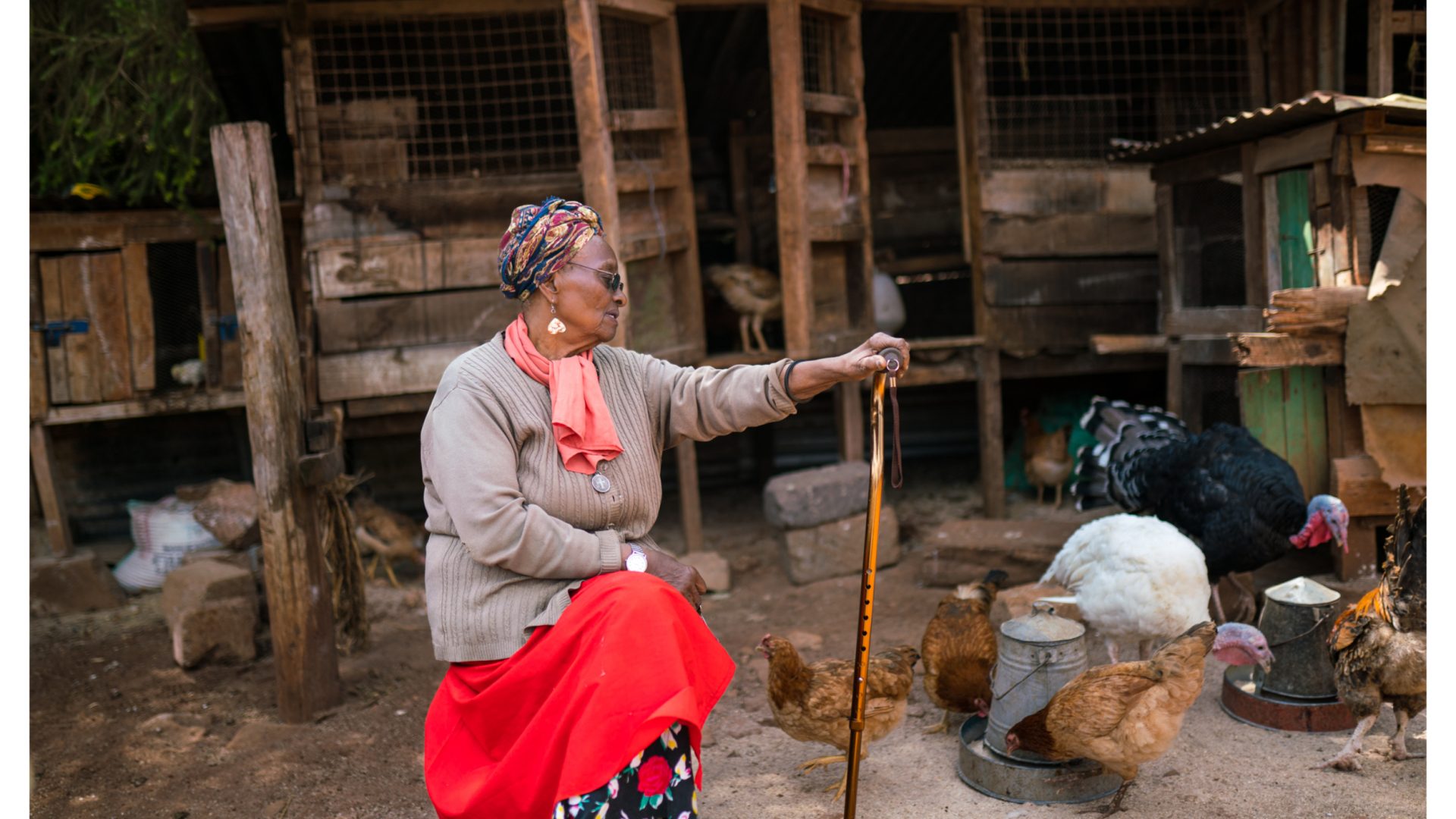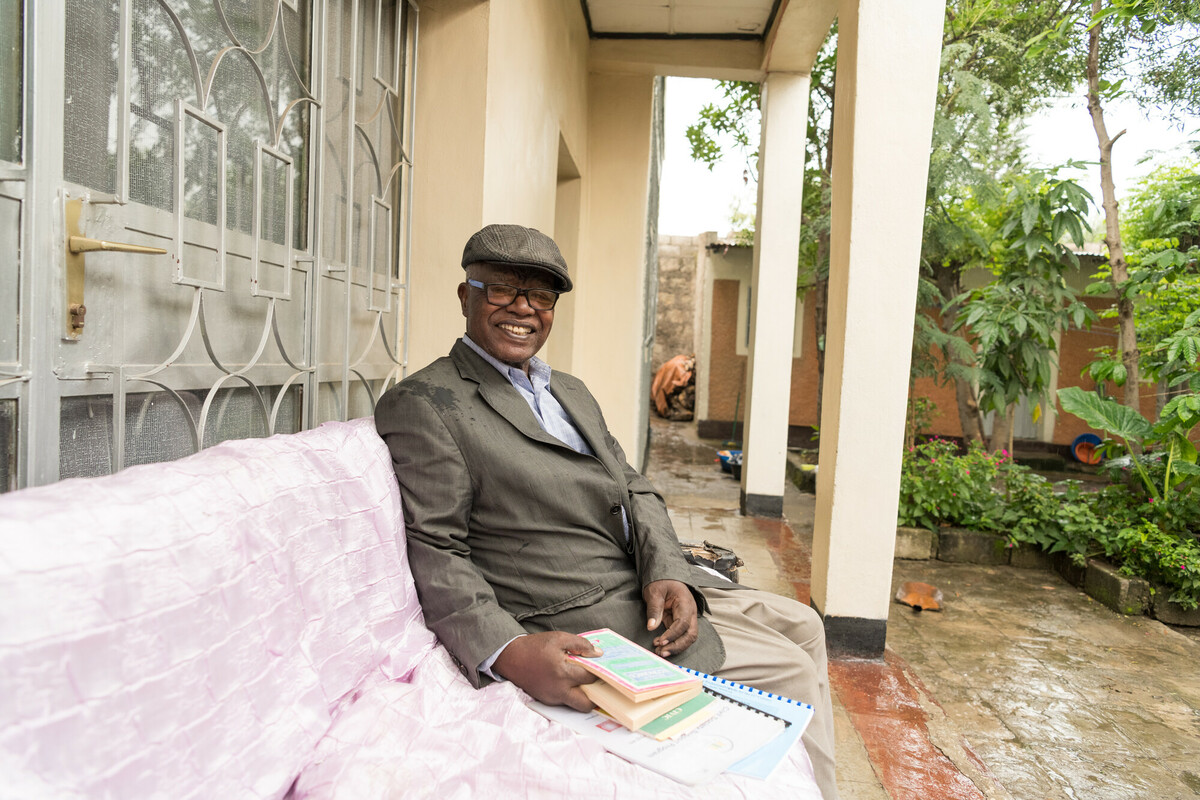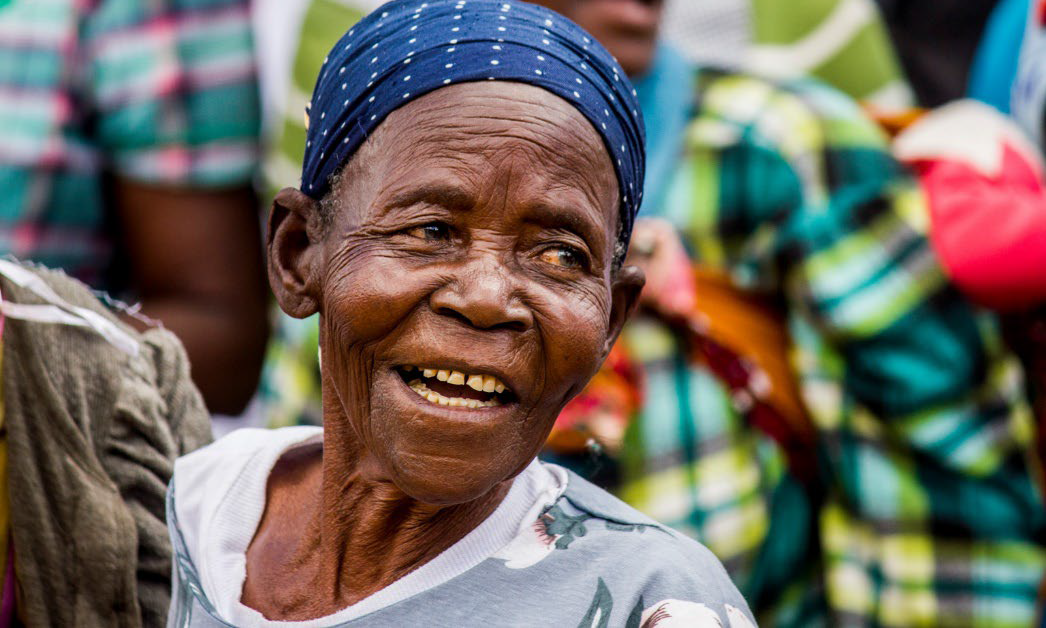The Protocol to the African Charter on Human and Peoples’ Rights on the Rights of Older Persons (AU Protocol on the Rights of Older Persons) comes into force on 4 November. This is a landmark step for Africa, ensuring the protection and promotion of the rights of older people across the continent. It establishes a legal framework to address age-based discrimination, enhance access to healthcare, and guarantee social protection for older people, affirming their dignity and inclusion in society.
This historic moment comes after the deposit of the 15th instrument of ratification by AU Member States, setting the stage for a brighter, more inclusive future for older generations.



